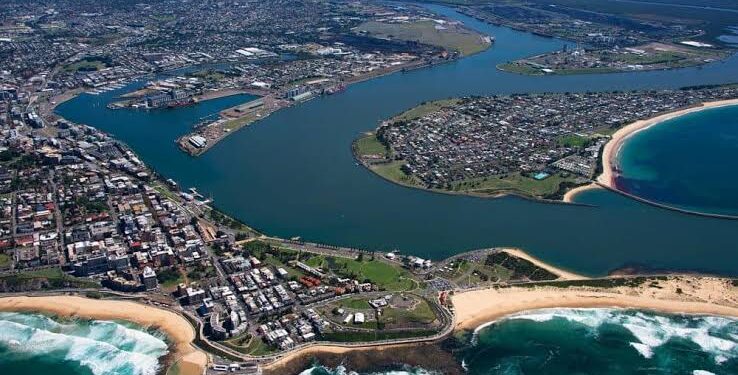The Port of Newcastle is moving to 100 per cent renewable energy by 2021 and is continuing to transition all its vehicles to electric by 2023.
The port has joined other six Hunter institutions that will advocate for and drive local adoption of the United Nations’ (UN) Sustainable Development Goals (SDGs).
The group members include the Port of Newcastle, City of Newcastle, Compass Housing Services, Hunter Water, Kumalie, Port Waratah Coal Services, and the University of Newcastle.
“The UN’s 17 SDGs form the blueprint for a better and more sustainable future for all by addressing the global challenges we face, including those related to poverty, inequality, climate change, environmental degradation, peace and justice,” Jackie Spiteri, Port of Newcastle’s Environment, Planning and Sustainability Manager said.
“We have joined other leading Hunter institutions to create a shared vision in this area, build our region’s capability, and look at what that looks like in practice, including how that affects the supply chain, procurement, and strategic direction of each party.”
Spiteri said a STEM scholarship program for Aboriginal students, currently being developed through a partnership with the University of Newcastle, and programs to promote the empowerment of women in maritime, were part of the port’s broader commitment to sustainable and responsible operations.
“Minimising our environmental footprint, diversifying trade and creating a more resilient economy requires a determined, long-term effort, with co-operation between the port and its stakeholders,” Spiteri said.























